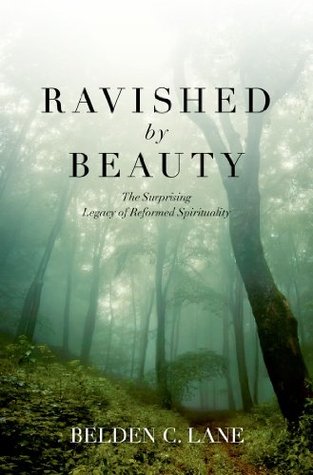Land, women, and sexual desire were also intertwined in the later history of the Salem witch trials. Most of the individuals accused of witchcraft in 1692 were young and single women, anxious about their prospects for marriage, reacting to “stifling gender and class hierarchies.” Accusations of witchcraft were further fueled, however, by land disputes between two prominent families competing for access to expanding markets and by socioeconomic tensions between Salem Village and Salem Town.63 As a result, a desire for land, a suspicion of young women as prone to sorcery and unrestrained
...more
Welcome back. Just a moment while we sign you in to your Goodreads account.


